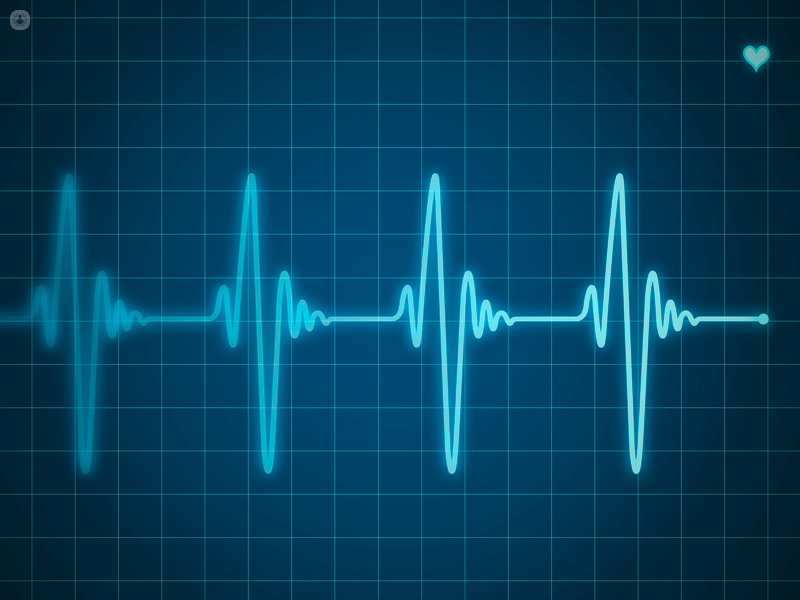

What is a valvuloplasty?
The heart has four valves, which determine the pathway of blood flow through the heart. The mitral and tricuspid valves are located between the atria and the ventricles, whilst the aortic valve and the pulmonary valve are found between the ventricles and the arteries leaving the heart. Heart valve repair or valvuloplasty is a surgical technique used to fix defects in heart valves without replacing them.

What is a valvuloplasty for?
Heart valve repair is done when there is a defect in heart valves, which can lead to potential cardiac, respiratory and vascular complications. Heart valve defects can be caused by stenosis (narrowing) or by an anatomical abnormality of the valve itself. Symptoms of heart valve defects can include:
- Chest pain
- Dizziness
- Palpitations
Once complete, blood flow should improve and your symptoms should reduce.
How does a valvuloplasty work?
Heart valve repair surgery is a minimally invasive surgery, where a catheter is inserted through the femoral artery (in your groin), reaching the narrowed heart valves. Depending on which condition needs to be addressed, the valves will be replaced, or a balloon will be inflated to treat the stenosis. You are usually awake during this procedure, but will be given an intravenous sedation to help you relax before the procedure.
How can I prepare for a valvuloplasty?
Before the procedure you should inform your doctor of any medications you are taking and if you are aware of any allergies to contrast medium as this is used in this procedure. You will also need to fast for a certain period before the procedure, which your doctor will inform you about. If you have a pacemaker, you will also need to inform your doctor.
Post-operative care:
After the procedure is completed, you will remain in hospital for several hours in bed resting. If you are experiencing any pain you will be given pain killers. You will be advised to drink plenty of water. Your blood pressure will be measured following the procedure as well. It is not uncommon to stay overnight in hospital following a valvuloplasty. Once home it is important to keep an eye on the wound where the catheter was inserted. If there is any pain, bleeding or swelling, call you doctor. It is important to keep this wound clean and dry.
Other treatment options:
If your condition does not improve or your defective valve is very damaged, then other procedures such as valve replacement might be considered instead.
